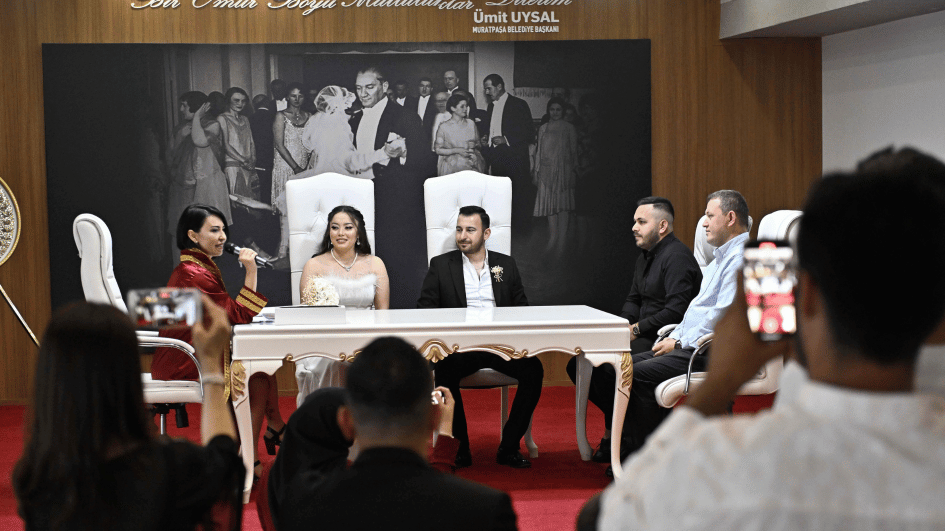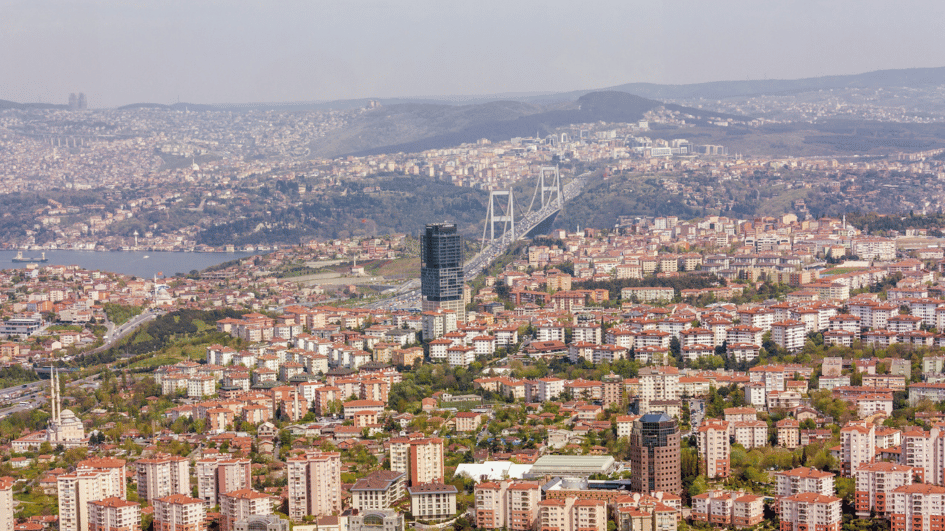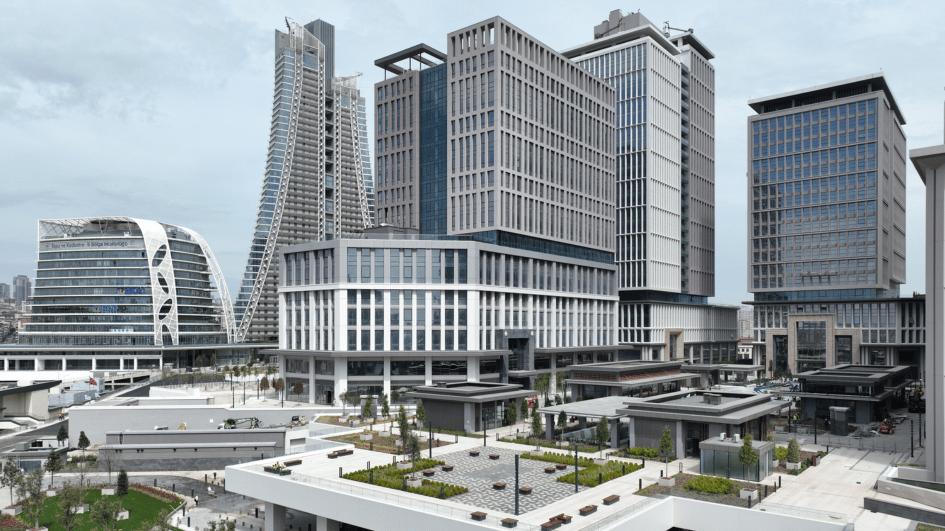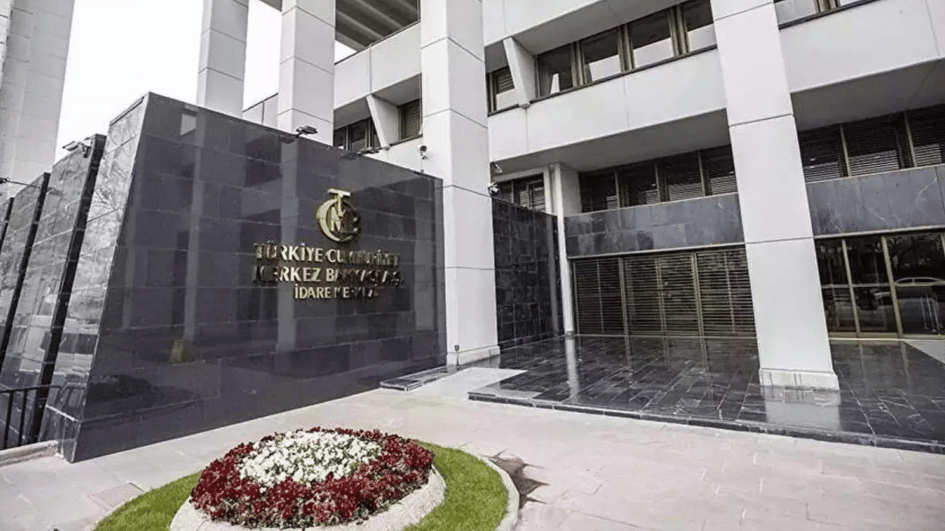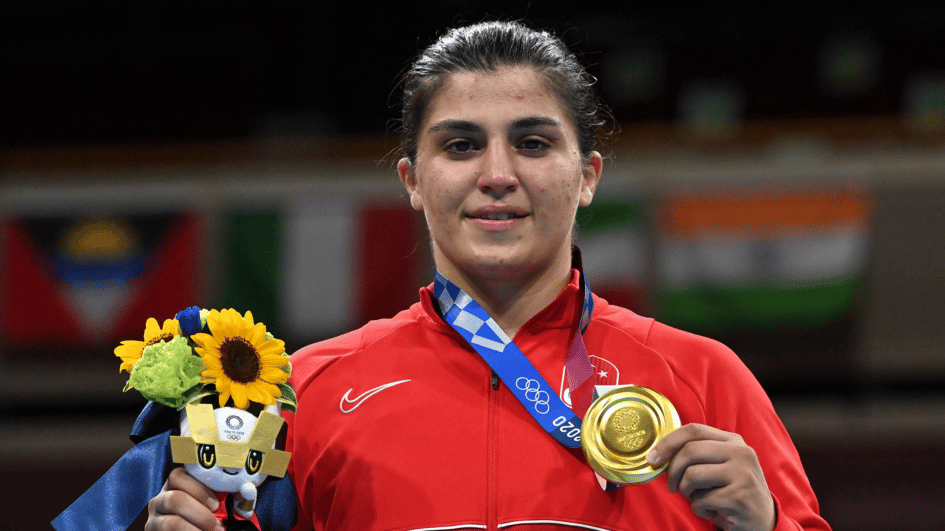AKP plans new constitution as a long-term strategy
President and Justice and Development Party (AKP) Chairman Recep Tayyip Erdoğan’s lengthy address to his lawmakers in parliament on Feb. 10 went a long way to clarifying more broadly what he means by a new constitution.
He also gave hints about the process ahead, particularly in the context of 2023, the year Turkey will celebrate its centennial and hold presidential and parliamentary elections.
His starting point was the fact the backbone of the current constitution was penned by the military junta in 1982 (around two-thirds of the charter has been amended with repeated amendments over the past four decades, however). His reference to the need for a purely civilian constitution has long been voiced by the Republican People’s Party (CHP) as well, but Erdoğan seems to be taking the lead with this move.
While Erdoğan specified why Turkey needs a new constitution, it was interesting to hear him note how the current charter hampers the functions of the existing executive-presidential system. What’s more, the constitution revealed its obstructive nature during the drafting of the Human Rights Action Plan, he said, without detailing what those hindrances are.
Two things come to mind: The AKP governments managed to perfectly implement democratization reforms with the same constitution during its first 10 years in power. Second, if the current charter is not paving the way to better human rights and democracy in Turkey, then the action plan slated for announcement soon will not effectively improve the country’s image.
Erdoğan also mentioned why the AKP and its coalition partner, the Nationalist Movement Party (MHP), chose in 2017 to only draft constitutional amendments devoted solely to implementing an executive-presidential system instead of writing a brand-new constitution. “We did not bring this issue [the new constitution] to the agenda as we observed that the climate of Turkey, which had not yet been able to recover from the shock of the coup attempt, was not appropriate,”
But now both internal and international conditions for a new constitution are favorable, the president suggested. In this, Turkey’s demonstration of its willingness to act freely in the international arena and its strong message to potential putschists make these conditions suitable, according to Erdoğan.
Another important point he made concerned the methodology of drafting the constitution. An abstract concerning the new charter will be made public as part of the Human Rights Action Plan, the president said, calling on all political parties, academics, universities, civil society organizations and media to make a contribution with their proposals. (Given the current parliamentary arithmetic, the AKP and the MHP do not have sufficient seats to take a constitutional amendment to a referendum. They need at least 23 additional votes.)
Having issued this call, Erdoğan said some parties will prefer to keep themselves out of the process, referring to the opposition Nation Alliance, whose components are organizing a separate plan to implement a strengthened parliamentary system in Turkey.
It’s expected that Erdoğan and his AKP will use the discussions about the new constitution as yet another tool to divide the Nation Alliance. The recent months have demonstrated more fractures within the CHP, the Good (İYİ) Party and the Felicity Party, even though their respective leaders remain strong enough to keep their parties intact.
Muharrem İnce, a former CHP member and presidential candidate, will soon form his own party, which is already attracting lawmakers from the social democrats. He is trying to suggest that the current CHP leadership under Kemal Kılıçdaroğlu is drafting away from the founding principles of the party set by Mustafa Kemal Atatürk. On that front, he is certainly finding a receptive audience within and outside the CHP.
Ümit Özdağ is a strong dissident in the Good Party while Chair Meral Akşener is drawing increasing reactions because of her unending support to Aytun Çıray, who has become the target of dissidents within the party. And there’s a silent but important discussion taking place in the Felicity Party after Erdoğan’s visit to one of the party’s most prominent figures, Oğuzhan Asiltürk. The current head of the party, Temel Karamollaoğlu, is standing tall against growing conservative pressure for a partnership with the AKP, but it is not known how long he can resist. The party has to convene its convention but Karamollaoğlu is delaying it due to the pandemic.
In this context, Erdoğan and the AKP are planning to use the rhetoric of “the first civilian constitution of Turkey on its centennial” as the main point in their strategic planning toward 2023. They believe it will not only stir up additional trouble in the opposition camp but also generate the required mass support to win the next elections.



